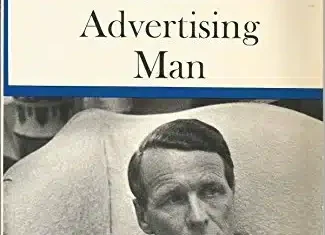I’ve long thought that efficiency and effectiveness were roughly the same thing. There are some small differences, but they’re both about getting things done.
After reading more about both, their differences are more pronounced than I realized.
Peter Drucker separates them simply by this:
“Efficiency is doing things right; effectiveness is doing the right things.”
That’s a good way to view, but I also look at them through the lens of focus.
With efficiency, you’re mostly looking at short-term problems. If you go knock out 50 emails from your inbox, that’s efficient.
With effectiveness, you’re looking more long-term. This is setting aside time and focusing on a single problem at a time.
Efficiency comes easy to me, but effectiveness takes work. It’s similar to what Carol Dweck shares in the book “Mindset“, where she splits people into those with a “fixed mindset” and a “growth mindset”.
An example from Carol’s book:
“So what should we say when children complete a task—say, math problems—quickly and perfectly? Should we deny them the praise they have earned? Yes. When this happens, I say, “Whoops. I guess that was too easy. I apologize for wasting your time. Let’s do something you can really learn from!”
If your children can plow through their math questions, that’s a perfect example of being efficient without being effective. After all, what did they learn from those easy questions? Not much.
I’m still going to work to be a very efficient person, as there are many advantages to that, but carving out specific time to become more effective is something I always need to be working on.





Efficient but ineffective: Responding to a 5-alarm fire within 30 seconds but showing up at the wrong house.
That’s a fantastic analogy, Jeff!